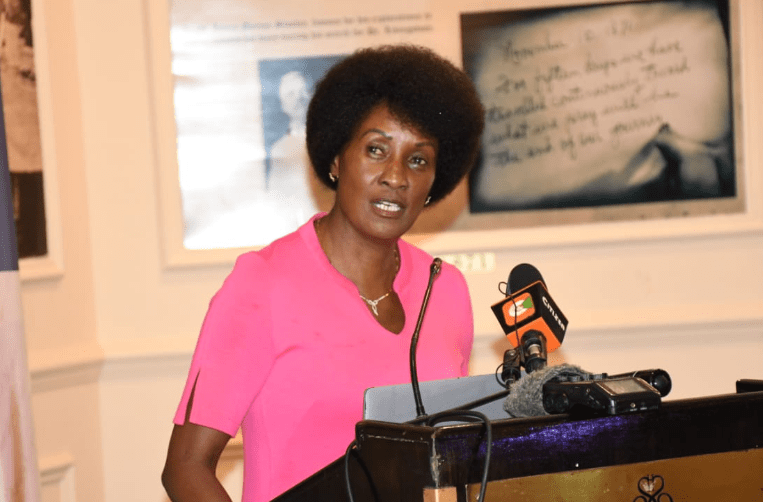Global divide in harnessing Gen Z potential

The rise of Generation Z as a transformative force in governance and digital innovation is evident in the young technocrats driving Donald Trump’s Doge movement.
This coalition of digital natives, libertarian idealists, and policy disruptors stands in stark contrast to Kenya’s systemic marginalisation of its youth, highlighting a global divide in harnessing generational potential.
At the heart of Trump’s movement are individuals like Ethan Zhao, a 24-year-old blockchain developer whose work on decentralised systems has redefined transparency in government operations. His Silicon Valley-honed expertise enables Doge to bypass bureaucratic gatekeepers, prioritising data-driven policy over institutional inertia.
Similarly, Maya Patel, a 26-year-old digital strategist, has revolutionised political communication through meme-driven campaigns. Her mastery of viral content and her understanding of Generation Z’s online behaviour have allowed Doge to dominate alternative media landscapes, reshaping how political messaging spreads in the digital age.
Jordan Carter, a 23-year-old cybersecurity specialist, safeguards the movement’s digital infrastructure, countering threats while upholding libertarian principles. Meanwhile, Sophia Nguyen, 25, a policy analyst, has played a pivotal role in shaping Doge’s inward-focused governance model.
Her critique of USAID’s inefficiencies laid the groundwork for its suspension, a bold rejection of traditional foreign aid in favour of pragmatic nationalism. These individuals embody the fusion of technical prowess and ideological daring, demonstrating that youth-led innovation can disrupt legacy systems and redefine governance.
Trump’s resurgence has been fuelled by his ability to merge political tradition with Generation Z’s digital-first approach. This shift not only amplifies political messages but also ensures that young technocrats are at the forefront of governance, shaping policy in real time. It is a model that thrives on agility, adapting to digital landscapes where speed and innovation determine success.
The suspension of USAID is a striking example of Generation Z’s ability to challenge established policy structures. Long criticised for waste and neocolonial overreach, the agency’s pause reflects a strategic shift towards prioritising domestic interests. Rather than relying on top-down directives, Doge’s approach embraces decentralised platforms and direct engagement with citizens.
Contrarily, Kenya’s leadership continues to stifle its youth through violence and economic exclusion. Extrajudicial killings, enforced disappearances and punitive taxation have created an environment where ambition is criminalised rather than cultivated. Kenya’s youth have already demonstrated remarkable ingenuity, as evidenced by innovations such as mobile banking pioneer M-Pesa and the country’s thriving fintech sector. Ironically, the state views young entrepreneurs and activists as a threat.
Youth unemployment hovers at 35 percent. Those who seek to challenge the status quo are met with state brutality, from arbitrary arrests to crackdowns on protests. The very generation that could drive Kenya’s economic and technological transformation is being forced either into silence or exile, squandering a demographic dividend that could be Kenya’s greatest asset.
Crackdowns on youth-led protests and the targeting of tech entrepreneurs reveal a government that fears change more than it values progress. While the Doge movement shows how youth empowerment can drive political and economic transformation, Kenya is shackled by archaic governance structures that prioritise control over creativity. The consequences are a disillusioned generation, a growing brain drain, and a state that risks losing relevance in the global economy.
The nations that embrace Generation Z’s ingenuity will dominate the 21st century, while those that suppress it will fall behind.
— The writer is a PhD Student in international relations













